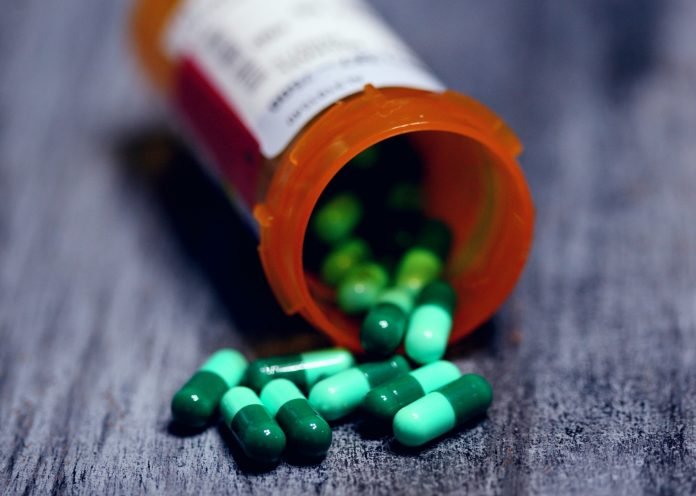
In a new study, researchers have discovered that an experimental cancer drug called AR-12 inhibits the COVID-19 virus from infecting cells and replicating.
Steps are now being taken to develop a clinical trial testing the novel oral treatment at VCU Health.
The research was conducted by a team at Virginia Commonwealth University.
AR-12 has been studied extensively as both an anti-cancer and anti-viral drug, and scientists find it is effective against viruses including Zika, mumps, measles, rubella, chikungunya, RSV, CMV, drug-resistant HIV, and influenza.
Recently, the team has demonstrated that AR-12 is highly effective against SARS-CoV-2.
Unlike any other anti-viral drug, AR-12 inhibits cellular chaperones, which are proteins that are required to maintain the right 3-D shape of viral proteins.
The shape of the virus is critical to its ability to infect and replicate.
One of the cellular chaperones inhibited by AR-12 is GRP78, which is essential for the reproduction of all viruses. GRP78 acts as a sort of cellular stress sensor and is required for the life cycle of all mammalian viruses.
AR-12 is an oral therapy that has been well-tolerated in a prior clinical trial, so scientists know that it is safe and tolerable.
Most COVID-19 drugs are given intravenously, so this would be a unique therapeutic option and potentially suitable for outpatient therapy, similar to the way one would take an antibiotic.
The team hopes to begin enrolling patients in early 2021, but several milestones remain.
They must develop the clinical trial protocol, receive approval from the FDA to test AR-12 on COVID-19 patients, and manufacture enough of the drug for the trial.
One author of the study is Paul Dent, Ph.D.
The study is published in Biochemical Pharmacology.
Copyright © 2020 Knowridge Science Report. All rights reserved.



